
This semester, I was tasked with officially certifying the office space in the back of Miller, which houses the Office of Sustainability, Environmental Studies Program, Tufts Institute of the Environment, and grad students in the Integrative Graduate Education and Research Traineeship (IGERT) program, under Tufts’ Green Office Certification Program. What seemed at the time to be a huge undertaking was actually pretty painless once I sat down and organized the following steps for filling out and submitting the Green Office Certification Checklist.
- Fill out what you can first!
I first went through the checklist and picked out the credits that I could answer on my own—if our lighting is controlled by sensors, if we have lighting and water use prompts, whether the equipment is ENERGY STAR rated, the accessibility of recycling and compost bins in the space, the recycled content of our paper and letterhead, our copier double-sided defaults, our shared office supplies and dishware, etc.
- Make a survey to send out to your colleagues
After completing the credits I could on my own, I picked out the credits about departmental policies and individual behaviors. I then developed a survey to send out to everyone who works in our office space with these questions to measure their personal behaviors as well as their awareness of departmental policies. In order to make the experience of filling out the survey a little less inconvenient and annoying to my co-workers, I tried to make the survey funny and engaging. I sent it out with a deadline and continued to send reminders every few days leading up to the deadline. Once it came and went, I sent individualized emails to those who had not filled out the survey. I followed up with them several times until nearly everyone had filled out the survey.

Signed Commitment to Uphold Green Office Values in the Back of Miller Office Space.
- Commit to sustainability and earn bonus points
At the bottom of the Green Office Certification Checklist is an extra-credit opportunity for colleagues to sign to commit to reducing their footprint and take actions included in the checklist. This not only earns the office extra points on the checklist, but it also helps to generate office buy-in and foster a feeling of responsibility and accountability within the office when it comes to making more environmentally sustainable choices. I placed the sheet for office members to sign in a central location in the office, our kitchen, where it is easily accessible and a frequent reminder to all in the office space. I also sent reminders to sign the commitment in all my emails starting with the original send-off of the survey.
- Talk to purchasing and commit to changes
Once our survey results were in, I reviewed them and determined where we stood with all the sections of the checklist. I was left with a few options to get us the extra boost we needed to level-up and earn Platinum Certification. I decided to talk to the person in charge of purchasing for our office space. He was on board and committed to buying only shade-grown or organic coffee for the office space to support environmentally and socially responsible companies, reduce our footprint, and make healthier choices for our colleagues.
Taking these steps to complete and submit our Green Office Certification made the process both simple and quick. Thanks to the help and cooperation of my colleagues, our space has been officially recognized with Green Office Platinum Level Certification.
If you’re interested in certifying your own office, you can learn more about the program and download our Green Office Resources ebook on the Office of Sustainability’s website.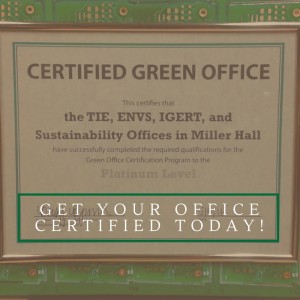


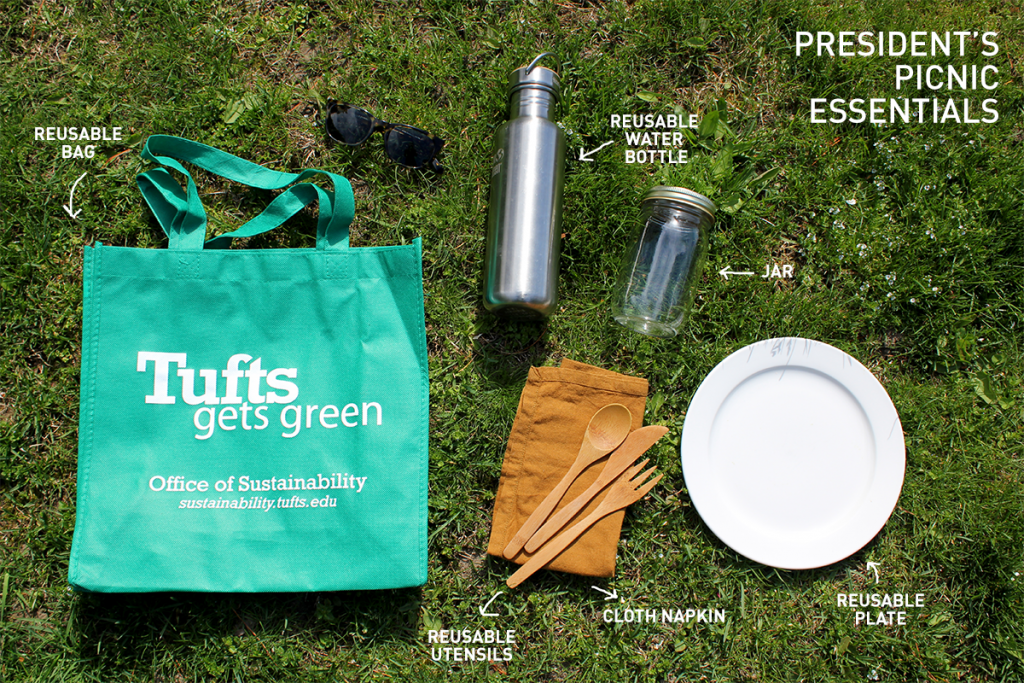
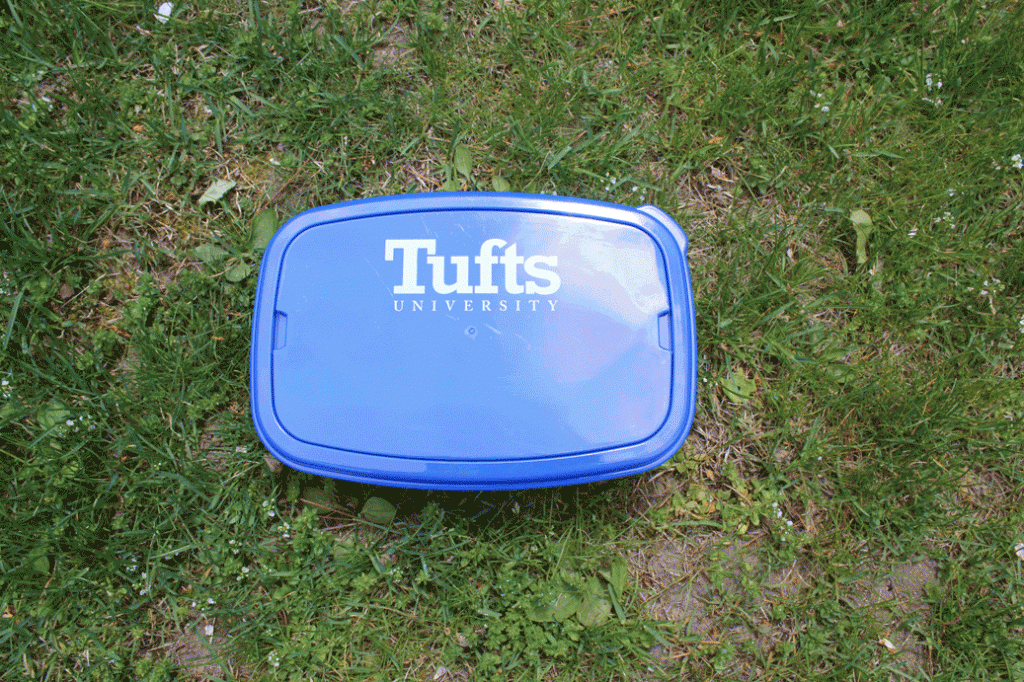
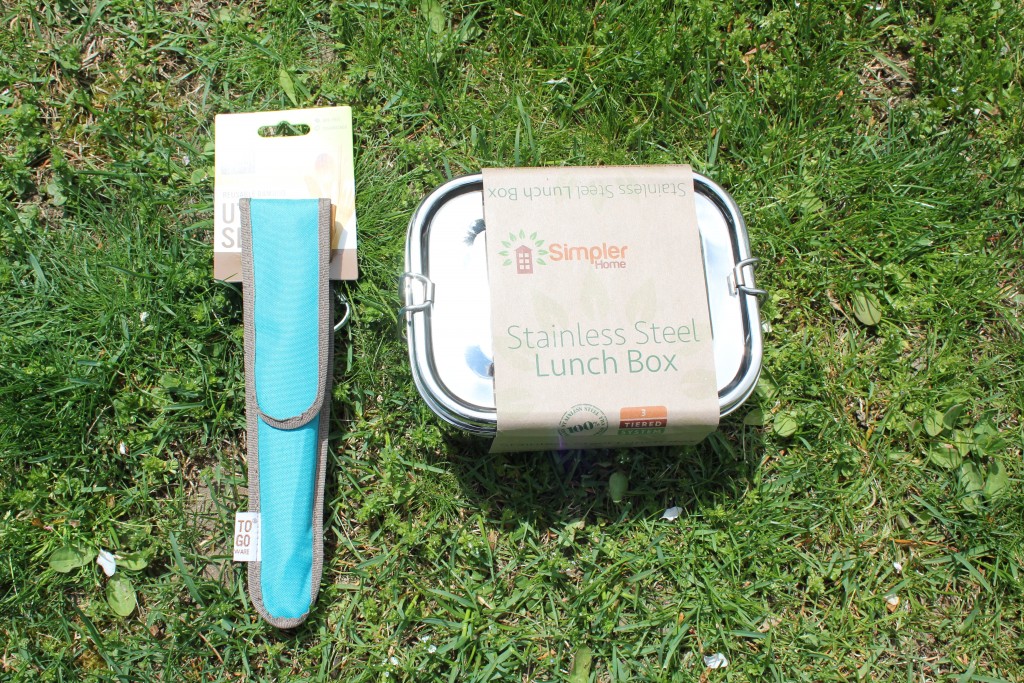
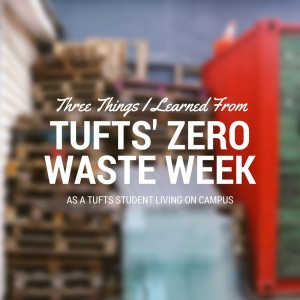

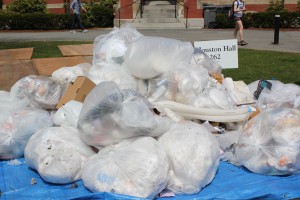
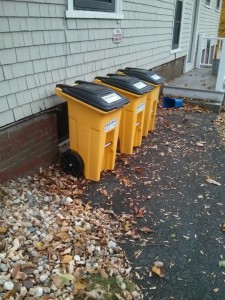

Find Us On Social Media!